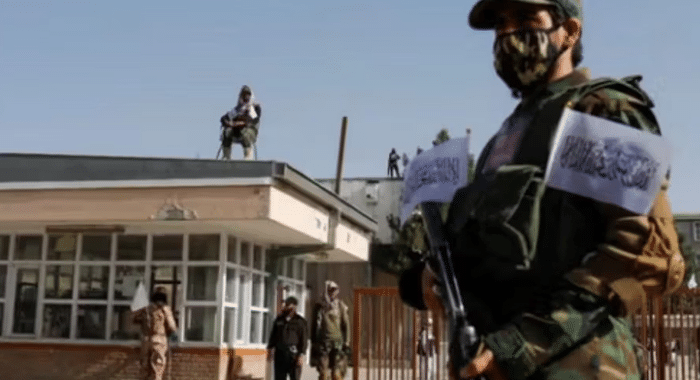The Taliban have summoned officials from the United Nations Assistance Mission in Afghanistan (UNAMA) to denounce a damning UN report that documents torture, arbitrary detention, and other human rights violations against Afghan migrants forcibly returned from neighbouring countries.
In a statement on August 10, the Taliban’s Foreign Ministry warned UNAMA against publishing further reports “intended to disturb public opinion,” threatening unspecified “necessary measures” if the mission continued exposing abuses.
The warning followed a joint report by UNAMA and the UN Human Rights Office which found that Afghan returnees including women, former soldiers, ex-government employees, and journalists face serious risks of mistreatment under Taliban rule. The July report, based on interviews with 49 deportees from Iran and Pakistan in 2024, documented widespread patterns of torture, ill-treatment, arbitrary arrest, and threats to personal safety.
Instead of addressing the allegations, the Taliban dismissed the report as “substandard,” claiming it exaggerated incidents and framed them in “political, ethnic, and linguistic” contexts. They accused UNAMA of “distorting realities” and disregarding what they called Afghanistan’s religious and social values.
The Taliban alleged the report relied on the experiences of “a small number” of individuals, deliberately chosen to paint a negative picture, and ignored what they claimed was the “safe and dignified” return of millions. Rights groups, however, have long accused the Taliban of downplaying or outright denying evidence of abuses.
UNAMA’s findings echo a growing body of international evidence pointing to systematic rights violations in Afghanistan since the Taliban seized power in 2021. These include severe restrictions on women’s freedoms, targeted reprisals against former government workers, public executions, and suppression of media and civil society.
The Taliban’s summoning of UN officials underscores the regime’s increasingly hostile stance toward international human rights scrutiny. The group has already barred the UN Special Rapporteur on human rights from entering Afghanistan, while continuing to dismiss or discredit independent investigations into their conduct.
UN officials have defended their reporting, insisting that the testimonies of victims and survivors are vital to documenting the reality on the ground — a reality the Taliban appear determined to suppress.





